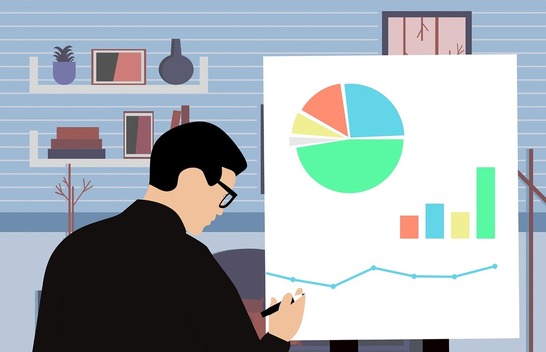|
The data scientist role is an incredibly important one in the world today. Be it in for-profit organizations or non-profit ones, it has a lot of value to add and aid decision-making. However, it's still unclear what exactly it entails and how someone can become a data scientist starting from a data analytics background. The data scientist is a tech professional who processes data, especially complex data, in large amounts (aka big data) to derive insights and build data products. This role involves gathering data, cleaning it up, combining it with other relevant data, evaluating the features involved, and building models based on them, usually to predict some variable of interest or solve some complex problem. It also involves creating insightful visuals and presenting your findings to the project stakeholders, with whom you often need to liaise throughout the data science projects. For all this work, you need to use a lot of programming and various data analysis methods, particularly machine learning. To transition to the data scientist role from the data analyst one, you need to beef up your programming skills and work on your data analysis methodologies. Learning more techniques for pre-processing data (data engineering) is also essential. What's more, you need to familiarize yourself with various methods for depicting data, such as graphs, and how to process the data in this sort of encodings. Dimensionality reduction methods are also vital for assuming the data scientist role, just like various sampling techniques. Furthermore, handling data in different formats (e.g., JSON, XML, and text) is essential, particularly in projects that deal with semi-structured data. Naturally, having some familiarity with NoSQL databases is also very important, as it goes hand-in-hand with this sort of data. Naturally, all this is the tip of the iceberg when it comes to transitioning into a data scientist from a data analyst. To make sure this transition is solid enough to build a career on top of it, you need to develop other skills and a good understanding of the complex data involved in data science projects. Being able to communicate with other data professionals well and understand them is also very important. Nowadays, you often have to work as part of a data science team, which involves a certain specialization level. So, having such expertise is significant, at least for certain data scientist positions. You can learn more about this topic by reading my first book on data science, namely the Data Scientist: The Ultimate Guide to Becoming a Data Scientist one. This book covers various topics related to data scientist has a whole section dedicated to similar roles. It is also written in an easy-to-follow way, without too much technical jargon, while it also has a glossary at the end. Interviews with data scientists of various levels help clarify the role's details and how it is on a practical level. So, check it out when you have a moment. Cheers!
0 Comments
Your comment will be posted after it is approved.
Leave a Reply. |
Zacharias Voulgaris, PhDPassionate data scientist with a foxy approach to technology, particularly related to A.I. Archives
April 2024
Categories
All
|

 RSS Feed
RSS Feed